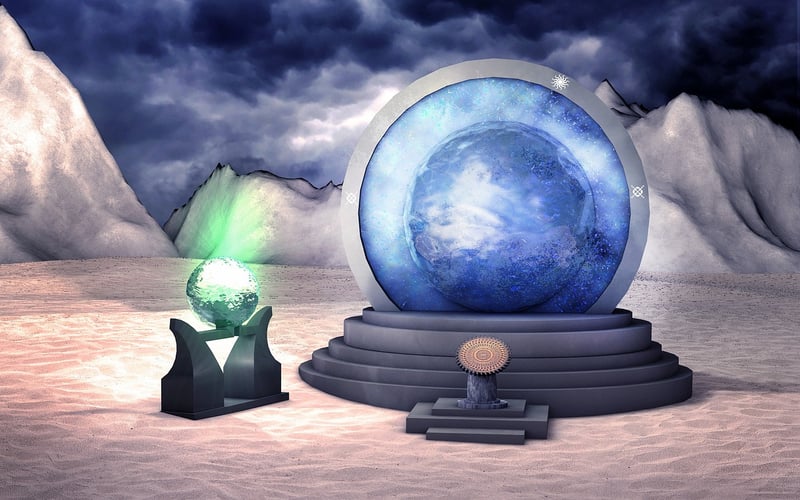Causal Loops
Unraveling Time Paradoxes and Causal Loops
Time travel has been a popular concept in science fiction for decades, captivating audiences with its mind-bending possibilities. One of the intriguing aspects of time travel is the idea of time paradoxes and causal loops, where events seem to loop back on themselves or create contradictory situations. Let's delve into these fascinating concepts and explore how they might work.
Time Paradoxes
A time paradox occurs when the past, present, and future become interconnected in a way that defies logic. One of the most famous paradoxes is the grandfather paradox, where a time traveler goes back in time and prevents their grandfather from meeting their grandmother, thus preventing their own birth. This leads to a logical contradiction - if the time traveler was never born, how could they go back in time to prevent their own birth?
Other types of time paradoxes include the bootstrap paradox, where an object or information is sent back in time in an endless loop with no clear origin, and the predestination paradox, where an event is destined to happen because it has already been observed in the future.
Causal Loops
Causal loops, also known as closed timelike curves, are a theoretical concept where an event is both the cause and effect of itself, creating a loop in time. In a causal loop, an event A causes event B, which in turn causes event C, ultimately leading back to event A, forming an infinite loop with no clear beginning or end.
One famous example of a causal loop is the "chicken and egg" scenario, where it's unclear which came first - the chicken or the egg. In a causal loop, the chicken could come from the egg, which in turn came from the chicken, creating a loop with no definitive starting point.
Resolving Paradoxes
While time paradoxes and causal loops may seem impossible to resolve, some theoretical physicists suggest that the universe might have a way of self-correcting these inconsistencies. The concept of parallel universes or the multiverse theory is often proposed as a solution to these paradoxes, where each paradoxical outcome creates a new branch in the timeline, preserving the consistency of cause and effect.
Although time travel remains a speculative and theoretical concept, exploring time paradoxes and causal loops can offer a glimpse into the complexities of time itself and challenge our understanding of cause and effect.

Time paradoxes and causal loops continue to ignite the imagination of scientists, writers, and enthusiasts alike, pushing the boundaries of what we perceive as possible. As we unravel the mysteries of time, we may one day uncover the secrets behind these enigmatic phenomena.
